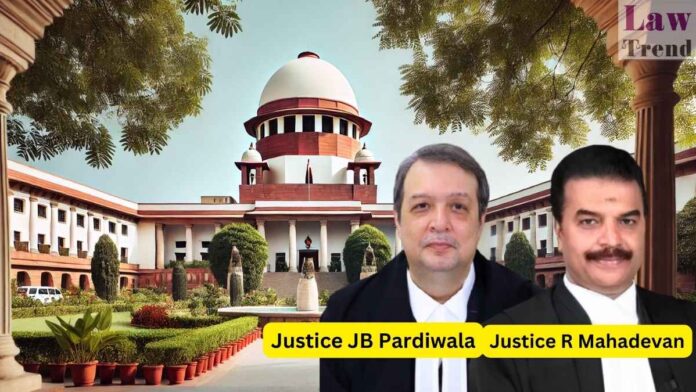In a significant ruling, the Supreme Court of India quashed the show cause notice issued by the Chhattisgarh Textbook Corporation (CTC) seeking to blacklist M/s Techno Prints for three years over an alleged breach of contract. The apex court, while allowing the corporation to forfeit the Earnest Money Deposit (EMD) of Rs. 5,00,000, held that
To Read More Please Subscribe to VIP Membership for Unlimited Access to All the Articles, Download Available Copies of Judgments/Order, Acess to Central/State Bare Acts, Advertisement Free Content, Access to More than 4000 Legal Drafts( Readymade Editable Formats of Suits, Petitions, Writs, Legal Notices, Divorce Petitions, 138 Notices, Bail Applications etc.) in Hindi and English.




